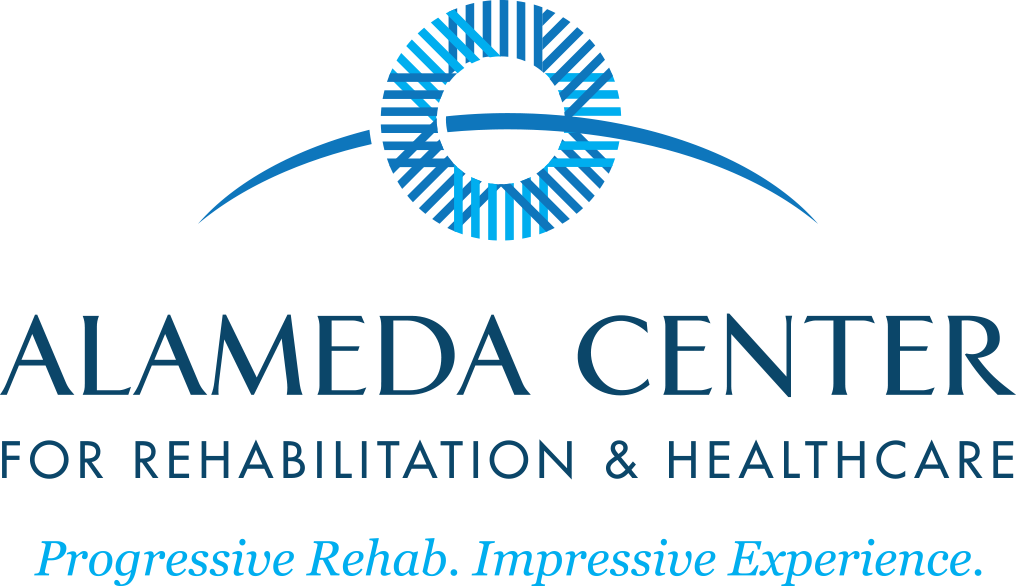Respite Care Funding May Increase
Respite care is an ancillary but very important part of any patient’s overall healthcare. However, because it seems only indirectly related to a patient’s health, funding hasn’t been plentiful, and it often comes out of the caretaker’s pocket. This also means that it isn’t being used to the degree that’s necessary tor pure efficiency, since caretakers can’t always pay the high fees associated with it.
Seeing the need, and responding to the positive correlation between respite care and patient health, the government has recently launched a bill for a funding package to help financially with respite care.
What is respite care?
Respite care is a program where primary caregivers get a break from their responsibilities and someone else takes over. This can come about in various different ways, from Sundays at a senior center to a full week or two in a facility. The idea is for the caregiver to have some time off for personal obligations or to just to recharge.
Respite care has been shown to help in the patient’s health, as a happier caregiver is a better caregiver, and without the necessary self-care, the caregiver can’t give over her best. There are around forty million caregivers in the States right now that care for family members who are disabled or have serious health issues and need full time help.
The Lifespan Respite Care Reauthorization Act
Lawmakers in Washington D.C. have authored an effort to increase funding for respite care providers. The bill that is being introduced is called the Lifespan Respite Care Reauthorization Act of 2019, and it seeks to obtain $200 million to fund respite care services over a five-year span all over the U.S.
Currently, there’s only $2.5 million that is allocated the federal government for respite care funding. This new legislation would provide $20 for the first year, followed by $30 million for the second year, adding $10 million each year until there would be $60 million for the year 2024.
The current system provides grants to thirty-seven states as well as Washington D.C. to deliver services and train providers.
The bipartisan bill was introduced by senators Tammy Baldwin (D-WI) and Susan Collins (R-ME) and the companion bill in the House was introduced by Representatives Jim Langevin (D-RI) and Cathy McMorris Rodgers (R-WA).
In introducing the bill, senator Collins noted, “Every day, an estimated 45 million family caregivers attend to loved ones who are experiencing chronic, disabling health conditions. Caregivers help their loved ones remain at home, often delaying the need for nursing home or foster care placements. This compassionate task, however, can take a toll. Often due to a lack of support, caregivers experience higher mortality rates and are more likely to acquire acute and chronic health conditions.”
While the bill is meant to ease the burden on caregivers and promote the long term health of both caregiver and patient, the financial burden will be dissolved in the both the short term and long term, as improved health for individuals means less payout for health declines later on.
The Alameda Center for Rehabilitation offers premium respite care services so caretakers can take off the time they need knowing their loved ones are in a warm environment and capable hands. Speak to one of our representatives today to find out more about excellent respite care options, including overnight, in the Essex County, New Jersey area.
